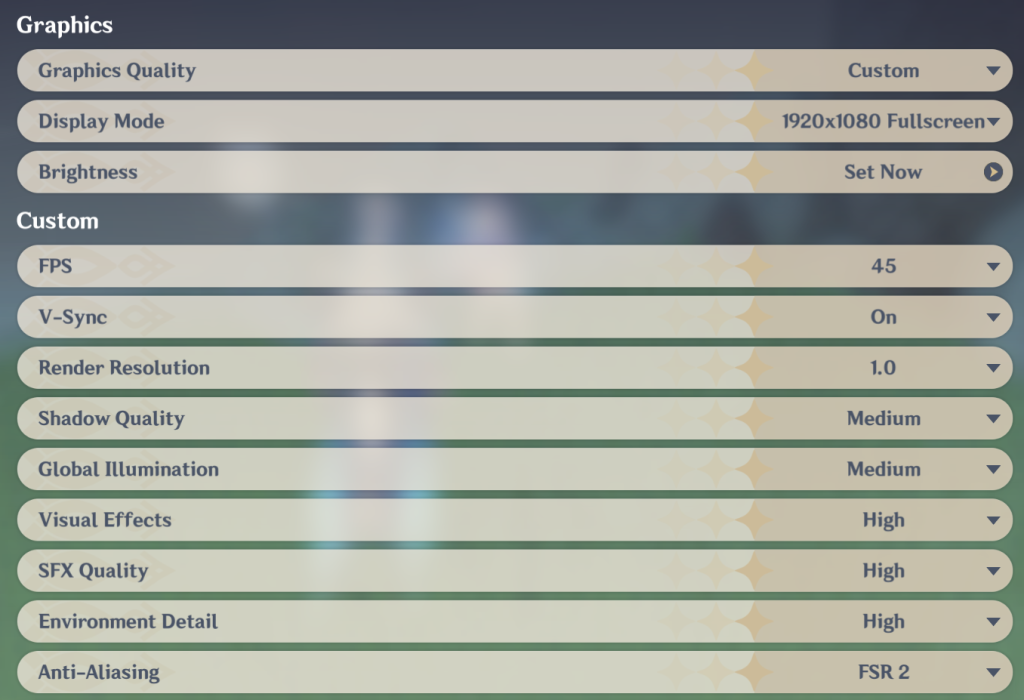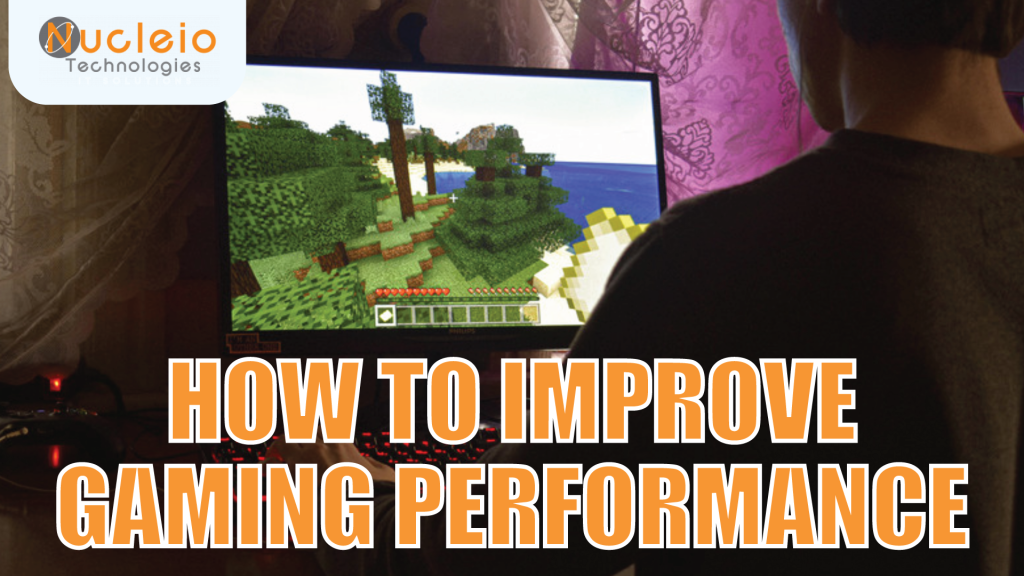Are you frustrated with laggy gameplay and low frame rates on your Windows PC? With a few simple adjustments and optimizations, you can significantly enhance your gaming experience. This guide will walk you through simple steps to boost gaming performance on your Windows computer, ensuring smoother gameplay and higher frame rates for your favorite games.
Update Graphics Drivers
Outdated or corrupted graphics drivers can significantly decrease gaming performance. To ensure optimal performance, visit the website of your graphics card manufacturer (e.g., NVIDIA, AMD) and download the latest drivers compatible with your hardware and Windows version.

Adjust Graphics Settings
Tweaking in-game graphics settings can make a significant difference in performance. Experiment with lowering the resolution, reducing texture quality, disabling anti-aliasing, and adjusting other graphical options to find the right balance between visual graphics and performance.

Optimize Windows Power Settings
Windows power settings can impact gaming performance, especially on laptops. Set your power plan to “High Performance” to ensure your hardware operates at maximum capacity during gaming sessions. Additionally, disable any power-saving features that may throttle CPU or GPU performance. You can also plug in your computer while gaming because some laptops out there need to be plugged in to utilize their full power.

Close Background Applications
Running background applications consume system resources and can impact gaming performance. Before launching a game, close unnecessary applications and processes running in the background, such as web browsers, chat clients, and system utilities, to free up resources for gaming. You can try this by using the shortcut Ctrl + Shift + Escape and clicking End Task on unnecessary applications.

Monitor System Temperature
Overheating can cause performance issues and system instability during gaming. Use monitoring software to keep an eye on your CPU and GPU temperatures while gaming. If temperatures exceed safe limits, consider improving airflow in your PC case, cleaning dust buildup, or investing in better cooling solutions to maintain optimal performance.

By following these steps, you can optimize your Windows PC for gaming and enjoy smoother, more responsive gameplay without breaking the bank on expensive hardware upgrades.

